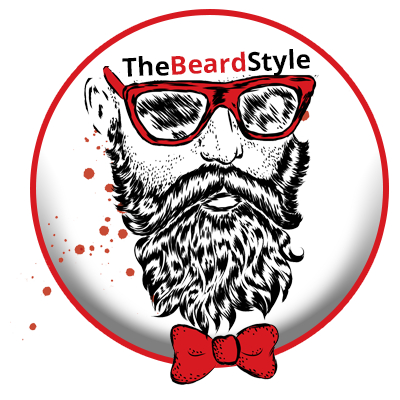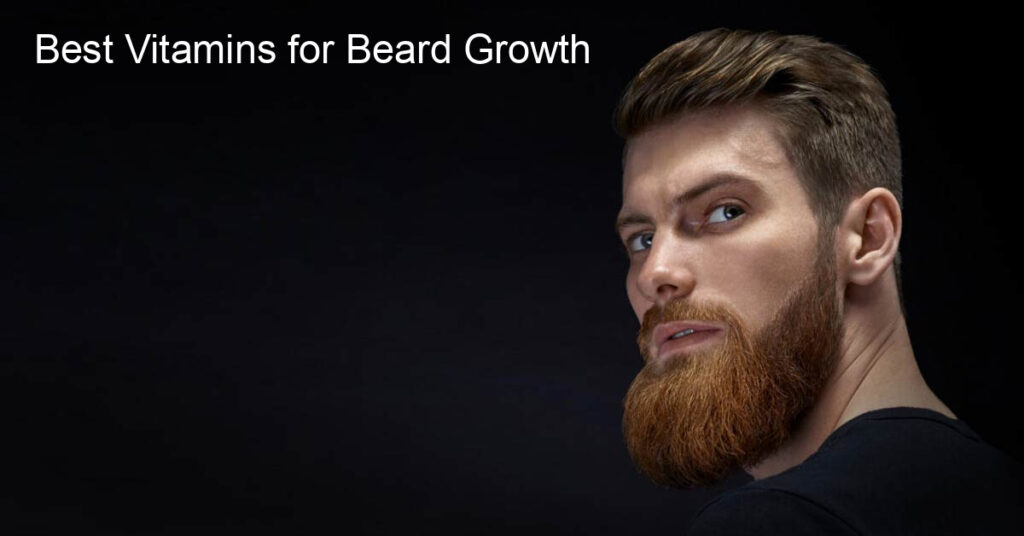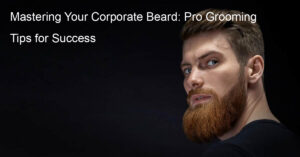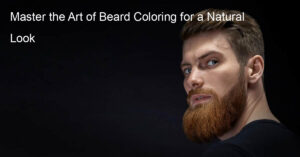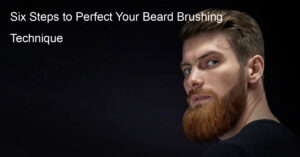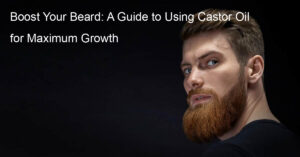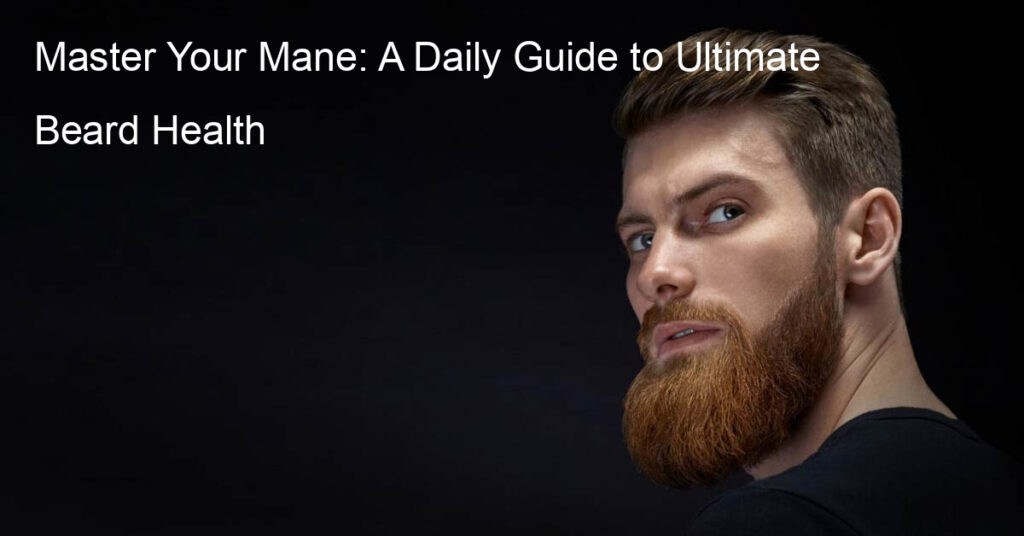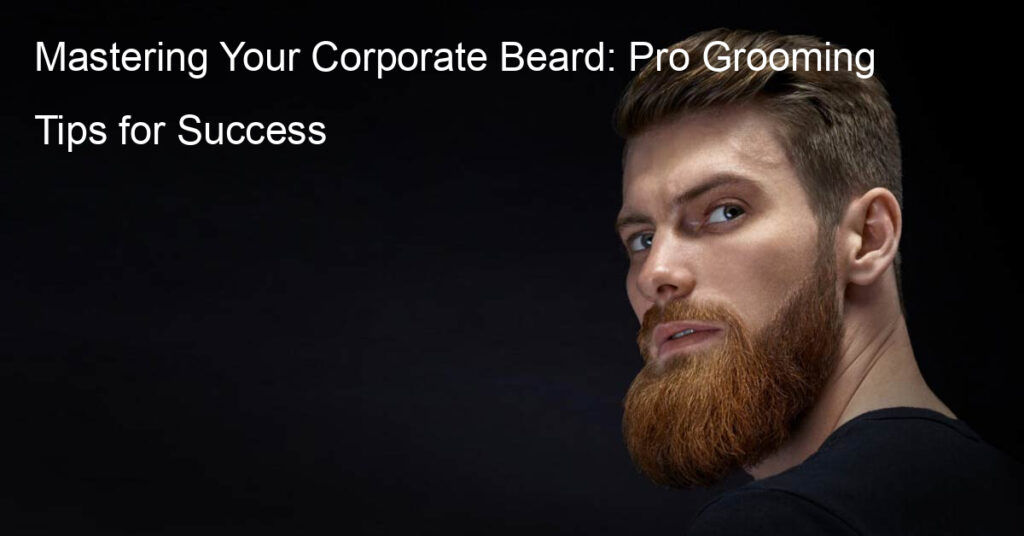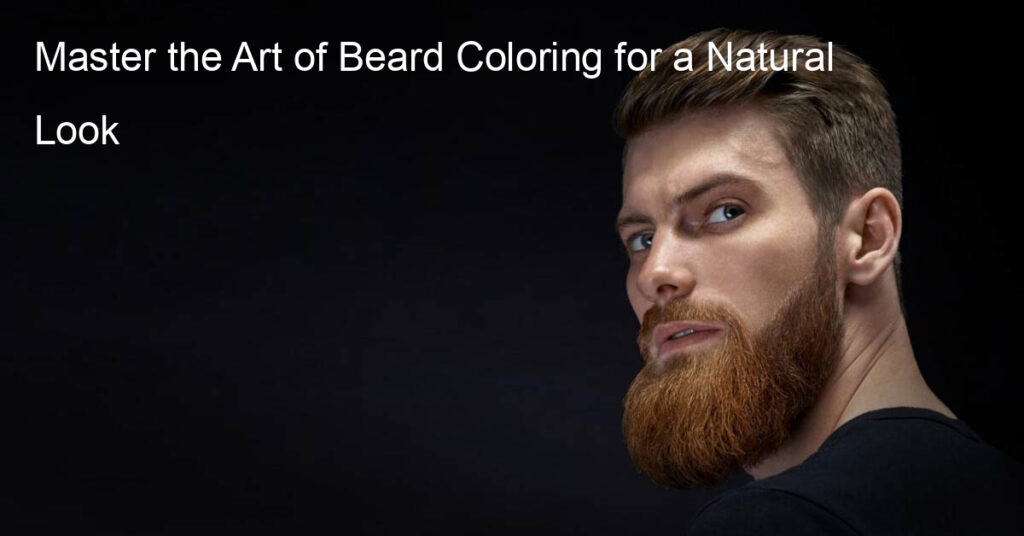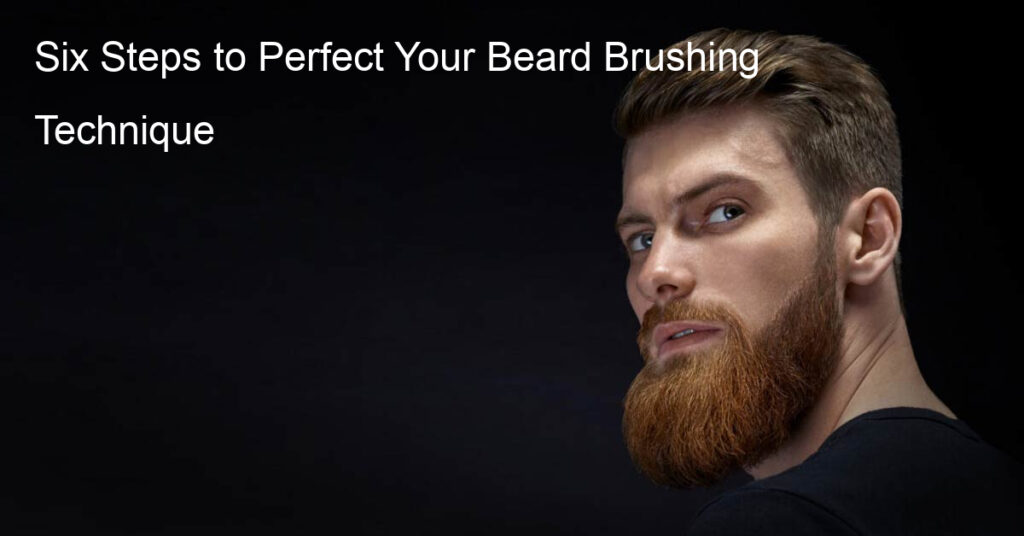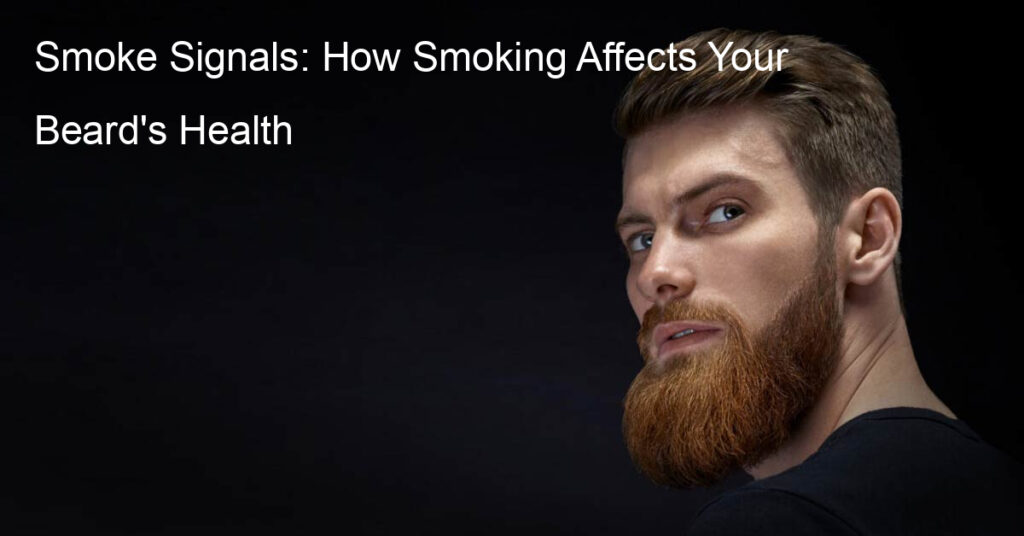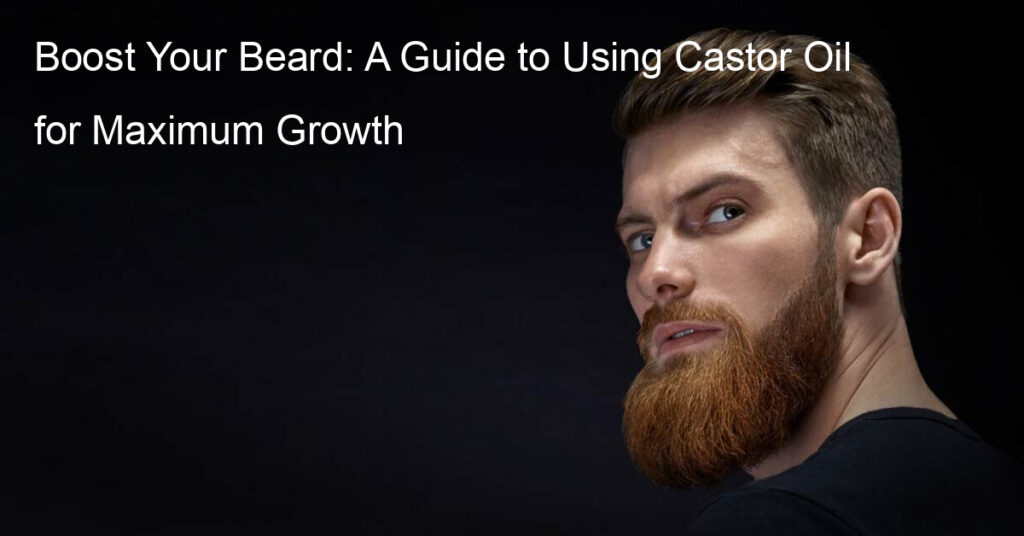Getting a “star-studded” beard isn’t an easy task. Despite popular belief that you can just let it grow out naturally and not have to worry about caring for it, there are actually certain vitamins and supplements which could give your facial hair the boost it needs to become strong, healthy, and impressive.
Whether you’re wanting to fill in patchy spots or just looking to make sure your beard looks great, making sure that you’re getting enough of the right kinds of vitamins is essential. In this post, we’ll discuss some of the best vitamins for beard growth so that you can start giving your facial hair what it needs most!
Which vitamin is good for beard growth?
If you’re looking to grow a long, full beard, aiming for optimal nutrition can be the key. Vitamins play an important role in facial hair growth, and one, in particular, has been found to have especially helpful effects. Vitamin B7, also known as biotin, is excellent for strengthening your existing beard hair and encouraging new hair growth.
It isn’t just good for beard growth either; biotin helps your body metabolize fats and carbohydrates, which can lead to better overall health. To ensure you are getting enough of this vitamin in your diet, try increasing your consumption of walnuts, almonds, and eggs. A daily supplement containing biotin can also be beneficial if it fits within your routine.
Do beard growth vitamins work?
With the surge in facial hair trends, many men are turning to beard growth vitamins to grow thicker and fuller beards. But do these vitamins really work? Simply put, no – beard growth vitamins will not miraculously transform thin or patchy beards into luscious manes.
The truth is, our genetics determine much of our facial hair characteristics. Hair follicles can become weaker with age due to a decrease in natural hormones, but beard growth logic products simply cannot override our genetic makeup at the cellular level.
However, including vitamins like biotin and multi-vitamins in your diet may help maintain healthy facial hair growth over time by replacing necessary minerals that are missing in most adult diets. All in all though, if you want a magnificent beard, you better start prepping sooner than later – but don’t expect miracle results overnight!
What increases beard growth?
There are a few tips that can help increase beard growth, such as eating a healthy diet and exercising regularly. Vitamins like Biotin or dietary supplements have been known to help stimulate hair follicles, which ultimately leads to increased beard growth.
Stress management is also key; stress is known to play a role in stunting the process of facial hair growth, so ensuring that you balance your stress levels is crucial if you want a thicker and fuller beard. Finally, using natural oil-based products can help moisturize the skin underneath your facial hair, leading to healthier hair follicles that result in more consistent and speedy growth over time.
Does vitamin D Make a beard grow faster?
Vitamin D is often considered the “sunshine vitamin” because it is produced in the body when the skin is exposed to sunlight. This essential vitamin plays a key role in many bodily functions, including helping to build strong bones. Many people wonder if taking supplemental vitamin D can have any impact on beard growth, as some studies have suggested that vitamin D can play a role in promoting hair growth.
However, there has yet to be any conclusive evidence to suggest that taking extra vitamin D will make your beard grow faster or thicker. It’s possible that a balanced diet containing adequate amounts of all vitamins and minerals may ultimately result in improved beard growth, but more research is necessary to draw any definitive conclusions in this area.
What vitamins grow hair?
It is widely known that proper diets and supplements can improve the health of our hair. Vitamins such as A, B, C, and E are known for their ability to promote growth in hair. Vitamin A is a fat-soluble vitamin known for its antioxidant properties, helping prevent damage and dryness in the scalp.
Vitamin B helps to boost circulation in the scalp which enables more blood flow and oxygen to reach your hair follicles, leading to stronger and healthier hair strands. Vitamin C strengthens the hair while promoting collagen production. Lastly, vitamin E helps protect against sun exposure damage while also maintaining healthy sebum levels in the scalp.
Plus, it helps prevent the breakage of follicles that can cause thinning or balding spots. To ensure that your hair gets all the necessary vitamins it needs, adding foods rich in these vitamins such as sweet potatoes, spinach, oranges, and avocados into your diet is ideal!
Conclusion
In conclusion, vitamins for beard growth are an essential part of any healthy beard care regimen. Vitamins A, C, and E are essential for maintaining strong and healthy follicles, while biotin can help speed up the growth process.
Additionally, don’t discount the importance of a balanced diet and hydration in sustaining robust hair growth; adequate sleep is also key to ensuring your body is properly rested and nourished. While there is no foolproof way to grow a longer or thicker beard overnight, combining these tips with regular beard care rituals can surely set you on a path toward achieving longer and thicker facial hair over time.
Everyone is different and it may take some experimenting to find the right vitamin combination and routine that works best for you, but once you do be sure to stick with it—you won’t regret the results!
